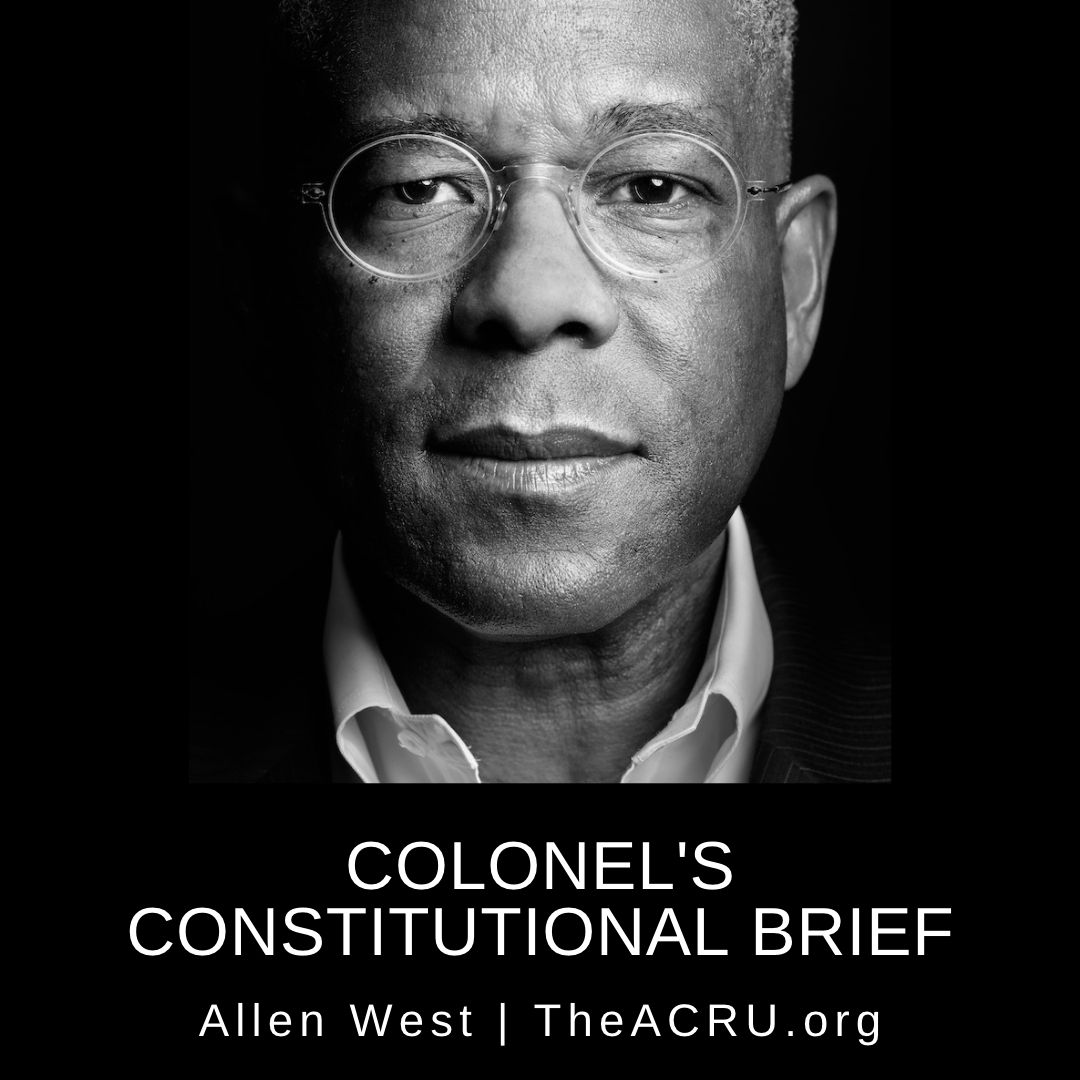Lawyers for Sarah Palin and New York Times Appear Before Federal Judge
ACRU Staff
July 13, 2017
This column by ACRU General Counsel Ken Klukowski was published July 7, 2017 by Breitbart.
Lawyers representing former Gov. Sarah Palin (R-AK) appeared in federal court in Manhattan on Friday for an initial hearing in Palin’s lawsuit against the New York Times for defamation, following the Times’ editorial accusing the 2008 GOP vice presidential nominee of inciting violence.
The Times ran an editorial on June 14 of this year following the attempted assassination at a Virginia baseball field that left Rep. Steve Scalise (R-LA) critically injured. In that editorial, the newspaper accused Palin of inciting violence when her political action committee circulated a map with cross-hairs in various places, talking about “targeting” certain Democratic races in an upcoming election.
Inciting violence is a serious matter. In fact, it can be a crime under both state and federal law.
State laws vary, but incitement basically consists of (1) encouraging an individual to commit a violent act, and (2) under circumstances that a reasonable person would think is likely to produce the violent act — in other words, that there is a good chance that the person receiving the encouragement will act upon it.
Under federal law, again depending on the facts, inciting violence could run afoul of 18 U.S.C. § 373, solicitation to commit a crime of violence, or 18 U.S.C. § 2102, which is inciting a riot.
In short, the Times accused Palin of committing a crime, one that endangers the lives and safety of innocent people.
Palin was offended by the accusation and sued the New York Times for defamation, filing a lawsuit in the U.S. District Court for the Southern District of New York.
An organization (or an individual) commits defamation when (1) it publishes a statement about another person to a third person (such as a Times reader), (2) about a factual matter (not opinion), (3) that is factually false, and (4) that harms the reputation of the person being talked about.
Part of defamation is the injured person must prove her injury. That is, she must present evidence as to how the false statements actually harmed her reputation in a way that cost her something. But when someone is accused of committing a crime, the law automatically presumes that such an accusation causes real harm. No proof is necessary.
It is difficult for a public person like Palin to win a defamation case because the bar is set higher. A private person can recover for defamation if the speaker was merely negligent in making a false factual statement. But if the speaker is talking about a public figure, then under the Supreme Court case New York Times v. Sullivan, the plaintiff must prove that the speaker was either maliciously claiming something that the speaker knew to be false or at least made the false claim with “reckless disregard for the truth.”
The Times argued in court Friday that posting the editorial containing the accusation of incitement was an honest mistake and that, within 13 hours, the newspaper realized its error and took down the piece.
Restating Palin’s lawyer’s argument back to him to ensure he understood the gist of it, Judge Jed Ratkoff said that Palin is arguing that “the [Times’] statement was so out of whack with the facts reported… in their own news story that no one could make that kind of mistake by accident.”
So in this case, Palin must prove by “clear and convincing evidence” that the Times knew they were falsely accusing Palin of a crime or, at a minimum, were reckless in choosing those words.
The New York Times will now file a motion to dismiss under Federal Rule of Civil Procedure 12(b)(6), which is dismissal when the plaintiff fails to state a claim. At that stage of litigation, a court must presume every plausible factual allegation in the lawsuit’s complaint to be true, then determine whether, even under those facts, the case must be dismissed because the law would still be on the side of the defendant.
Judge Ratkoff scheduled a hearing on July 31 to allow the parties to file their legal briefs on the motion to dismiss. If the judge does not dismiss the case, both sides will start the discovery process to uncover evidence about the Times’ decisions in writing the editorial. At that point, the parties could move for summary judgment. The judge scheduled a December 11 trial date if there are still factual disputes unresolved after discovery that must be decided by a jury.
The case is Palin v. New York Times Co., 1:17-cv-4853.
JOIN ACRU's PATRIOT CLUB






